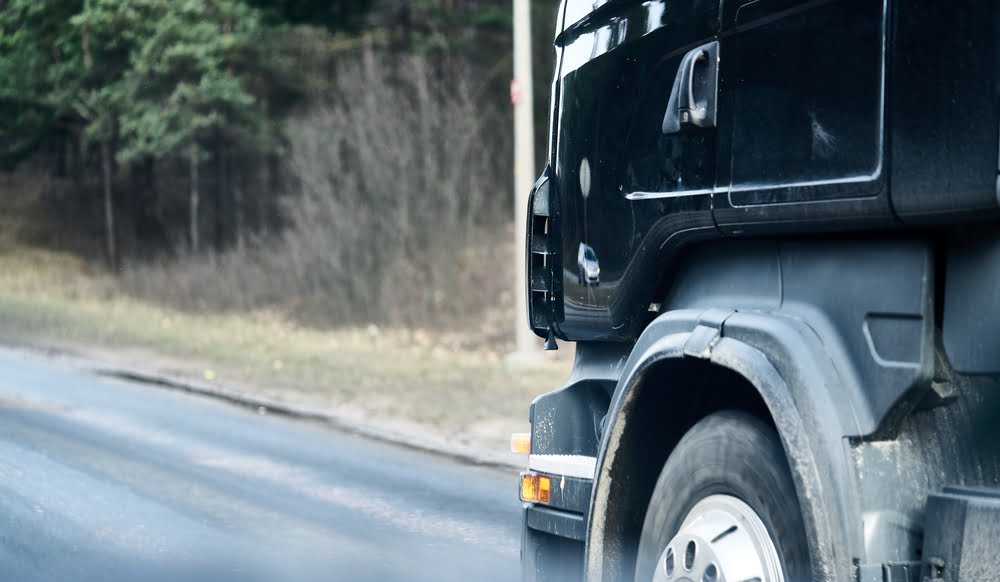In 2021, a total of 12.082 heavy commercial vehicles (trucks) were sold. An increase of 8,2 percent compared to 2020, when a total of 11.170 trucks were registered. The registrations of light commercial vehicles (vans) also showed positive figures and increased by 13,3 percent compared to 2020 to a total of 68.443 units. This is apparent from figures from the RAI Association, BOVAG and data agency RDC.
The sale of trucks has risen sharply in 2021 to almost 12.100 units thanks to the improving economy and increasing investment by entrepreneurs. According to the RAI Association and BOVAG, this number could have been even higher if manufacturers had been able to use their full production capacity. Unfortunately, this industry is also being hit by the stagnating supply of parts, including computer chips. Partly because of this, the number of registrations last December was 18.6 percent lower (656 units) than a year earlier, when a total of 806 lorries were registered.
The registrations of delivery vans showed a plus of 18,4 percent in the last month of the year and therefore came to 4.221 compared to 3.564 units in December 2020. Despite the fact that the sector also benefits from more investment here, the deficit still plays a role. parts and the worldwide logistical problems hampered the sector, which prevented production from running at full capacity in this sector.
Registration zero-emission vehicles
The sale of emission-free trucks remains limited for the time being. In 2021, a total of 219 battery-electric trucks and 45 hydrogen-electric trucks were registered. This brought the total to 264, while 2020 zero-emission trucks were registered in 487. The decrease is partly caused by entrepreneurs who postpone their investment in anticipation of the purchase subsidy on these trucks.
The situation was different for vans. In 2021, the number of electrically powered vehicles increased from 1.680 in 2020 to 3.177 in 2021 (+89,1 percent). Since March 2021, entrepreneurs can make use of a purchase subsidy for an electric delivery van (SEBA scheme) of a maximum of 5.000 euros per vehicle.
Making freight transport more sustainable
The truck and van manufacturers are fully committed to the development of sustainable vehicles, including zero emissions. This is important for the Dutch market, now that it has been agreed with the Green Deal Zero Emission City Logistics to supply a large number of city centers emission-free from 2025. Until 2030, approximately 12.000 zero-emission trucks will therefore be on the road to supply city centers. In the coming years, the financial gap between a zero-emission truck and a conventional truck will be so great that entrepreneurs will have to invest considerably more without extra support.
Although a subsidy scheme for zero-emission trucks will be available from mid-2022, the RAI Association and BOVAG emphasize that more is needed to accelerate electrification. In addition to the planned purchase subsidy of 40 percent of the additional cost of an e-truck, it has been calculated that approximately 2030 billion euros extra will be needed until 1,2 to close the economic gap between a diesel truck and a zero-emission truck. This is partly why the RAI Association and BOVAG want other clean technologies such as (plug-in) hybrid and biofuels to be embraced in the transition phase in the coming years. This provides entrepreneurs with sufficient clean alternatives to make their fleet more sustainable and to reduce CO2 emissions.
Finally, both parties emphasize that the CO2 targets can only be achieved by ensuring a robust charging and refueling infrastructure. It is precisely on this point that every effort must be made and substantial investments must be made in the coming years, says RAI Association.



